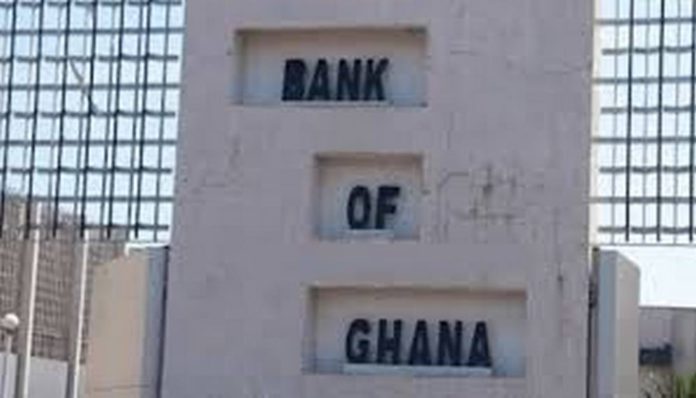The Governor of the Bank of Ghana, Dr Ernest Addison, has revealed that his outfit’s position on the new Bank of Ghana Act is to ensure clarity of the law.
According to him, there is a need to improve the current Act to make it clearer since it is characterised by inconsistencies and difficulties with implementation.
“It is important to clarify things in the Act so that we are very clear about measurement issues, procedural issues and all of that. I think that is the [our] position, we need to improve it, right to make these things a little carrier.”
This is coming after the International Monetary Fund said the Bank of Ghana Act will be revised to strengthen the Central Bank’s independence and mitigate fiscal dominance by the government.
According to the Fund, the amendments to the Central Bank Act will feature a stricter limit for monetary financing, mechanisms to monitor and enforce compliance, and a clear definition of emergency situations under which the limit can be temporarily lifted.
But answering questions at the Monetary Policy Committee (MPC) of the Bank of Ghana press briefing, Governor of the Bank of Ghana, Dr Ernest Addison, said there are measurement issues such as the 5% Central Bank financing to government that needs to be clarified.
What do you call an emergency? the Governor questioned, saying, “Let’s define it very carefully and to make it clear the conditions under which the rules can be breached. Then even the procedural issues and laws are not very clear, who does the reporting to parliament, is it the Governor or the Minister of Finance; all of these need to be clarified.
“In any case, most of the reporting is done through the Minister of Finance. The Governor doesn’t have a direct obligation to parliament. So all of these issues have to be properly clarified and I believe that the need to do that is there,” he said.
The Governor said “I’m not sure if the two of them are mutually exclusive. If you look at the current Act, remember they [the previous administration] tried to improve it in 2016, but there are still inconsistencies and difficulties with implementation.
“But even, if you had the most perfect law, what happened in 2022, would not have been different because the choice of either to grind the economy to a halt or allow government operations to come to a standstill, which is worse than the problem itself. So the issue of the law is fine, but when you’re in an economic crisis, things have to be done differently,” he added.
The IMF said the revised Act will review the government’s gold purchase and gold-for-oil programmes and associated risks for the Central Bank.
It noted that the Bank of Ghana’s balance sheet will be affected by the debt restructuring. Therefore, the government and the Bank of Ghana will assess the impact and develop plans for its recapitalisation with Fund technical assistance support.


